 This post originally appeared on The Agency Post. To read more content like this, subscribe to The Agency Post.
This post originally appeared on The Agency Post. To read more content like this, subscribe to The Agency Post.
I recently wrote a piece on bad clients and the bad attitudes of agencies. In writing it, I was reminding myself as much as anyone else that clients who are willing to pay for expertise to solve important business challenges are often in pain.
They may be difficult to deal with on any number of levels, but our job is to face such clients with compassion and understanding, and in the end, to help them.
Yet, even as we strive to keep a stiff upper lip and let difficult interactions roll off our backs, tension-filled client relationships can take a toll on our well-being and the health of our business. Here are a few things you can do to help manage those not-so-smooth relationships:
1) Take care of yourself.
In general, we pay little attention to our own well-being, particularly in times of stress. But people who regularly focus on their physical, mental, and emotional health can better handle difficult situations.
My top two suggestions for managing yourself are daily exercise and meditation. Even ten minutes of each can make a huge difference in how you experience your day. You’ll recover that 20-minute investment many times over through better focus, the ability to make more balanced choices at tough moments, and over time, better sleep. Don’t be one of those people who put good practices on the back burner in times of stress -- that’s when you need them most.
2) Invest in the relationship.
Create a regular schedule of check-ins, and always be the first to show up. If you can, do these in person (see #4). But if not, invest the 30 to 60 minutes every week to make sure you and your client are addressing key issues and that your priorities are aligned.
Don’t worry about doing this long-term -- we humans tend to think “I don’t want to do this forever” to avoid doing something for a short while. Consider it a “reset,” and understand that eventually, if the relationship improves, you will naturally begin to schedule meetings further apart. If the client resists such a schedule, use “I” statements (see #3) to make the case: “I want to make sure we stay on track and take responsibility for informing you of our progress and learning about what might have changed on your end. This is critical for us to do our best work for you.”
3) Use “I” statements.
I once told a friend about a client that regularly yelled at me on the phone and how I had trouble focusing and responding appropriately when she used a tone that brought me right back to being an eight-year-old child being scolded by my mother. His brilliant suggestion: “Why don’t you say, 'I have trouble focusing and responding when I hear that tone because I end up feeling like an eight-year-old being scolded by my mother.'”
If you talk about how you’re experiencing a situation, you’re less likely to put the other person on the defensive. You’re saying that someone else might not react the same way, but because you’re having a certain reaction, it’s difficult to do the work effectively. This may not work every time, but it’s much more effective than saying, “The way you’re talking to me is inappropriate.”
4) Meet in person.
Difficult situations can quickly get worse when played out over email or the phone. Yet, too many of us avoid travel because it requires time and money. Even leaving the office to visit a client who is only 15 minutes away can seem impossible to fit into our busy schedules. However, we also recognize that travel often offers us uninterrupted time to think and work.
So start thinking of travel in a different light -- a welcome gift of “me” time where you can do some of your best creative thinking. At a minimum, you can use it to plan that tough in-person meeting, preparing a better interaction than if you just picked up the phone or sent an email. The additional time and thought will help you set the stage for getting through any impasses, and it will improve your likelihood of working better together in the future.
5) If necessary, schedule a “fierce conversation.”
If you haven’t read Susan Scott’s bestseller Fierce Conversations, you should. Scott’s seven principles of fierce conversations will help you transform your most difficult relationships. Her method helps people overcome barriers to meaningful communication and will put you in a position to better handle strong emotions on both sides of the table.
6) Call in senior management.
Many early- and mid-career professionals have fantastic skills, but they lack experience. This is not a shortcoming, but rather, an opportunity to learn. If you’re dealing with a tough interaction, a senior member of your team might have great suggestions. Unfortunately, many senior-level professionals think that less experienced team members should just “buck up and handle it.”
If you’ve been in the trenches for a while, don’t take your ability to handle tough client interactions for granted. Try to remember what it was like the first time a client unloaded a bad day onto your shoulders and have some compassion for your less experienced teammates. Welcome the opportunity to teach. I find that when I mentor others, I often learn as much as I teach. If you want to keep growing as a professional, you must be willing to ask for help and be willing to give it.
7) If all else fails, break up.
Ending a professional relationship can be difficult, but we all know that sometimes the cost of a relationship outweighs the benefits. Such costs include the emotional toll on those who handle a difficult situation, the financial costs when clients refuse to pay you appropriately for your time, and the numerous opportunity costs. How much business development are you NOT doing because a client continues to ask you to do more free consulting? How likely are you to lose a star employee who could handle future accounts because a client is constantly berating him? How slowly do people execute other work because they need recovery time after each interaction with a particular client?
Breakups are a necessary part of your professional trajectory, though my advice is to take the first words of this paragraph seriously -- if all else fails. Because as difficult as breakups can be, winning new business and starting over brings a whole other set of challenges.









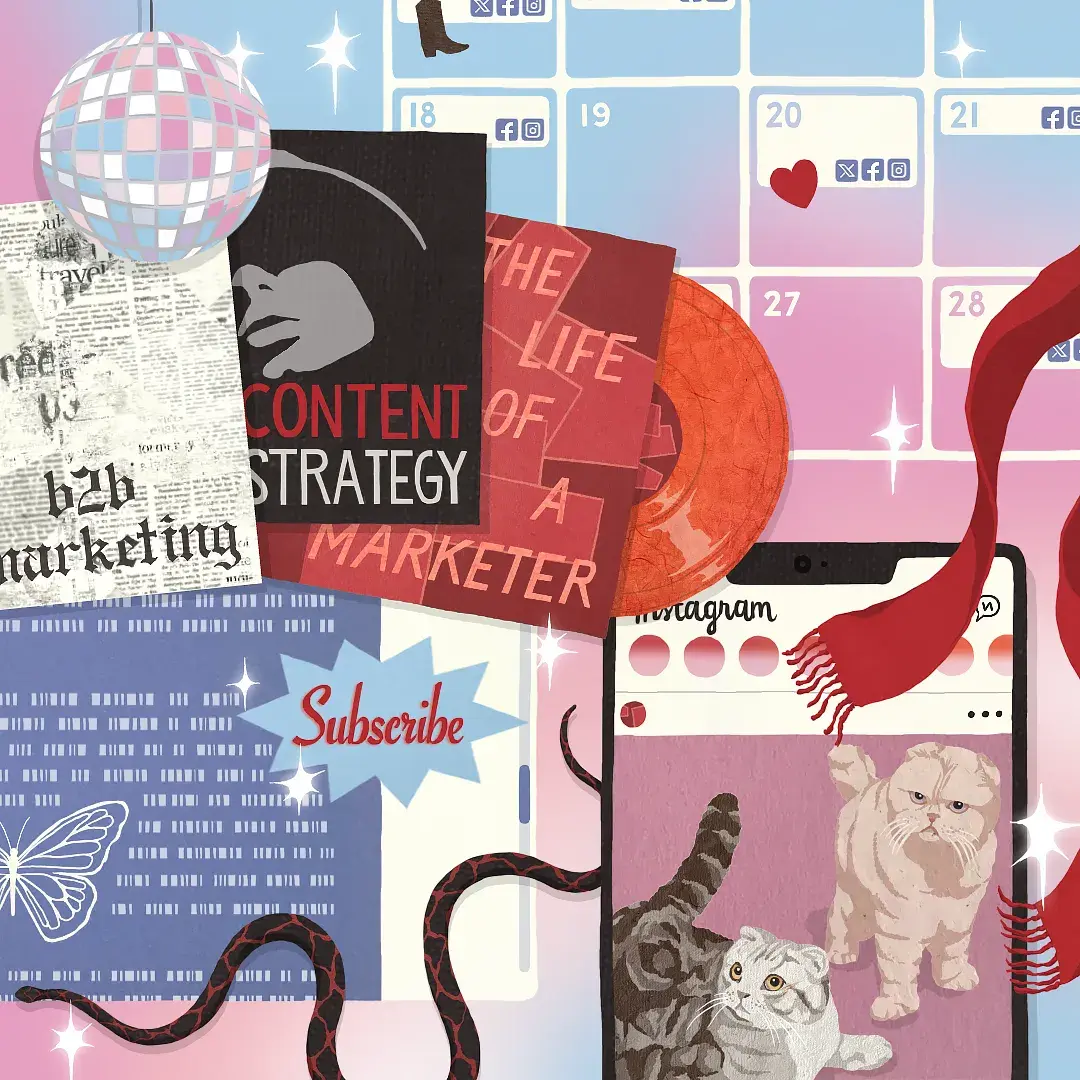
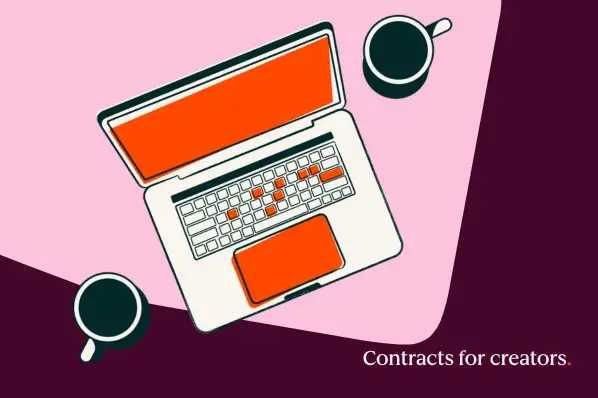
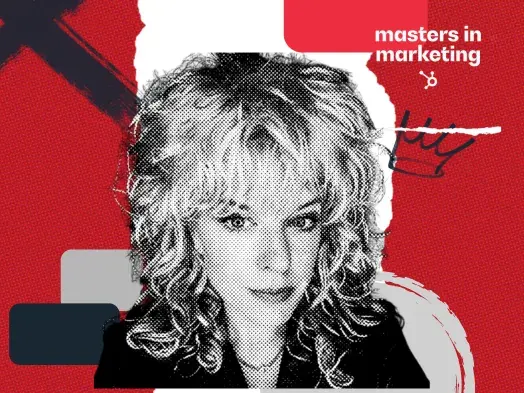










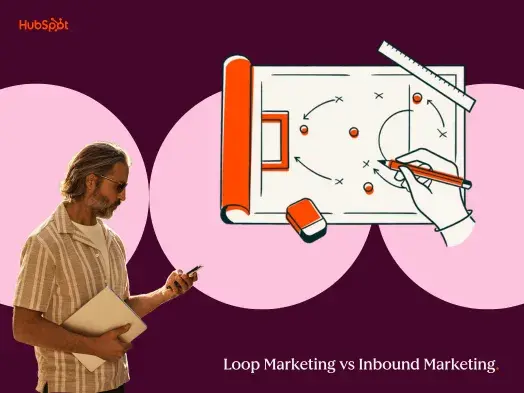











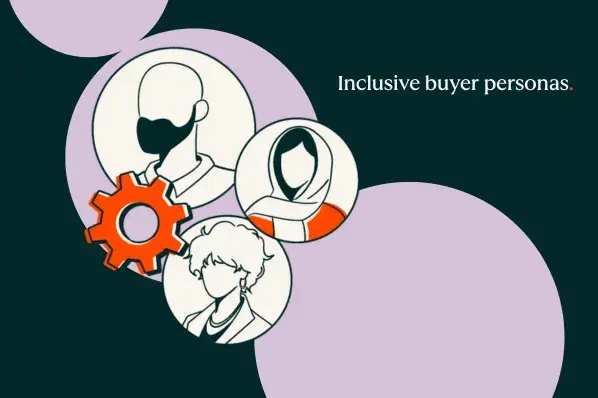



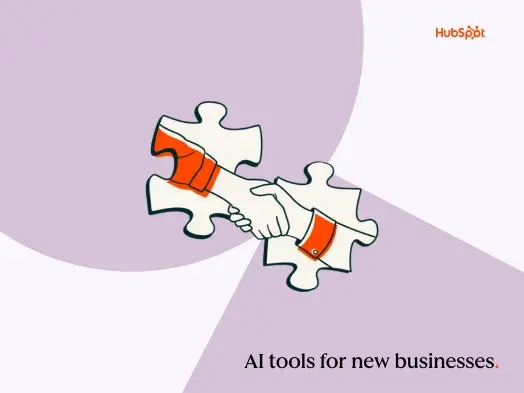






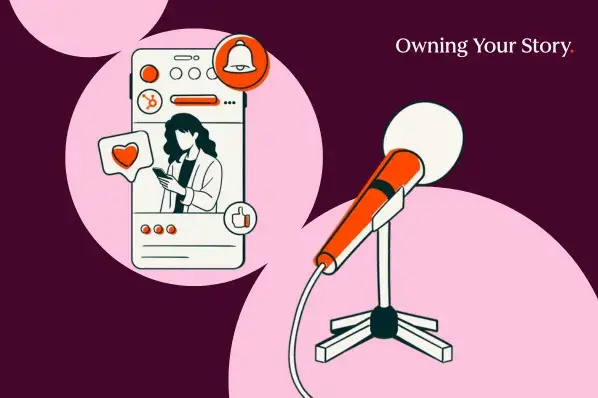



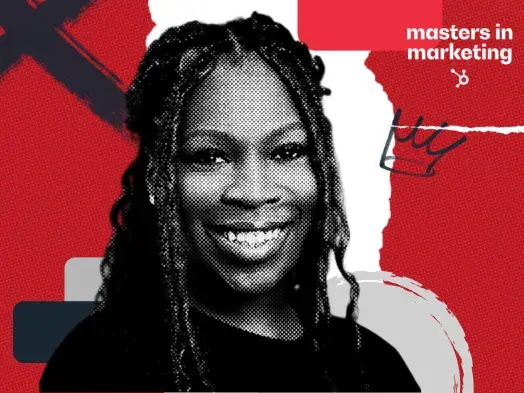















Sorry we missed you! We close comments for older posts, but we still want to hear from you. Tweet us @HubSpot to continue the discussion.